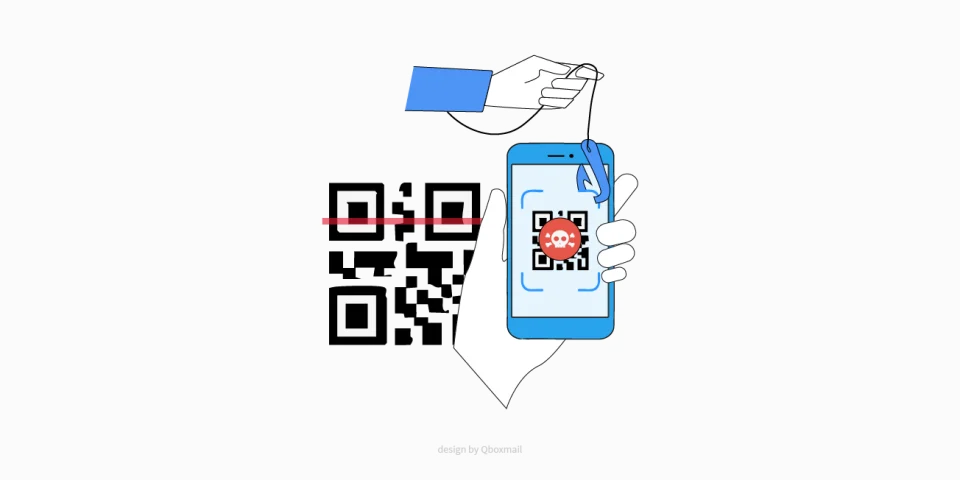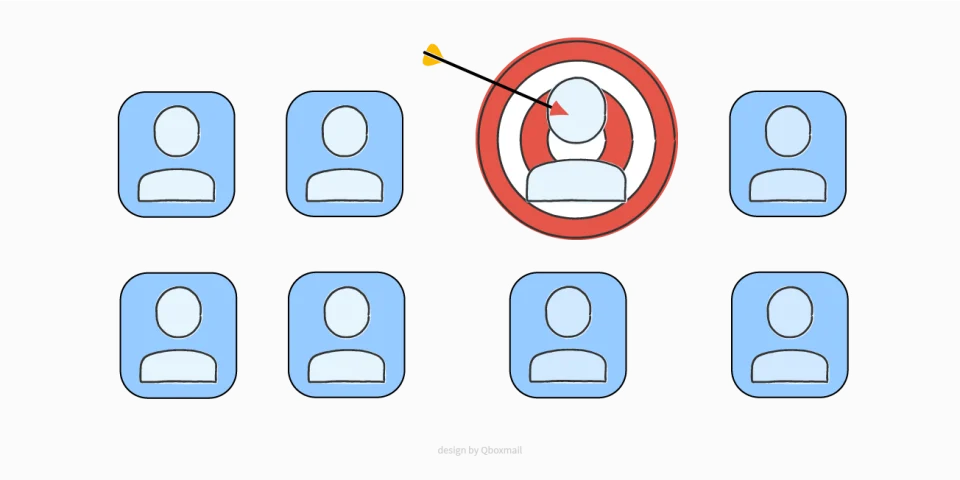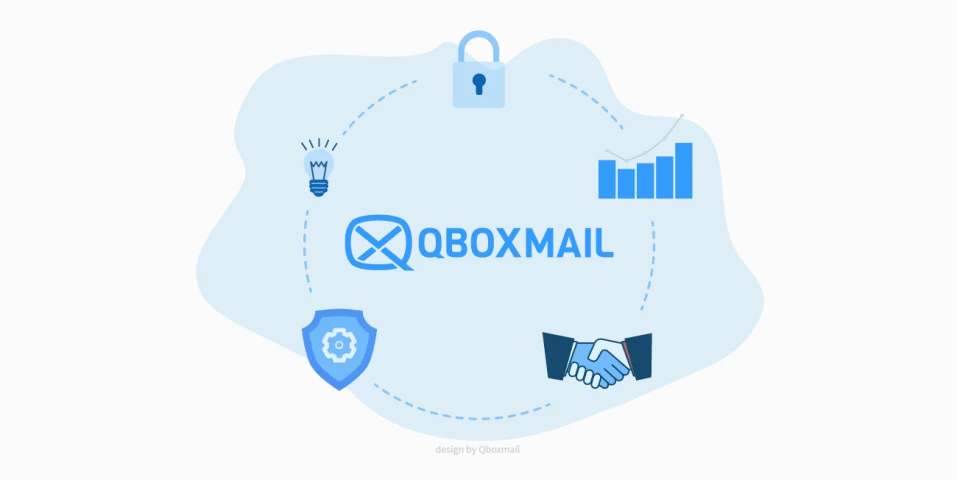Best Practices for Scam-Free Holidays

Online holidays and scams: protect yourself with extra caution
When you search for the perfect flight or lodging, a few clicks can reveal tempting deals. Many ads hide fake sites, cloned pages or frauds that seek your personal and banking data and then vanish.
You might be surprised how easy it is to fall for traps, even with solid cybersecurity knowledge. In the thrill of a “must-have” offer, you click without thinking. Your guard drops because you focus on holiday fun, not on possible risks.
Here are practical tips to travel worry-free, enjoy your holidays and avoid wasting time on preventable damage.
Why holidays attract cybercriminals
Scarcity bias: “last spots” or “price expiring” deals trigger fear of missing out and make you click without checks.
Mental fatigue: comparing dozens of options tires the mind and reduces attention to URLs, sender addresses and security certificates.
Stimulus overload: banners, pop-ups and notifications distract you into accepting invasive cookies or risky permissions.
Most common booking risks
You may land on fake sites that mimic airlines or travel portals. They change one character in the domain to trick you into entering sensitive data.
After booking, fake confirmation emails can become phishing attempts. They ask for extra information or link to bogus online check-ins.
The web is full of dark patterns and ads designed to push impulse purchases of useless or overpriced services. They use disguised promotions and urgent messages to prey on your fear of missing out.
Technical and psychological best practices
Take a strategic pause
After you spot an interesting offer, stop and resume your search in 10–15 minutes. Your mind “resets” and returns sharper to verify URLs, sender addresses and payment details.
Do not pay outside the official booking platform or property website
It may seem obvious, but nothing is guaranteed when it comes to security. Never send bank transfers to IBANs not confirmed on the official site and never pay outside the booking platform. Always choose payment gateways with 3D Secure or recognized networks that guarantee a refund in case of fraud.
Beware of deceptive urgencies
Any message forcing you to act “now,” like “last room available,” can mask a scam. Take time to read cancellation terms and compare prices on multiple sites.
Update software and enable MFA
Keep your operating system, browser and email client up to date. Enable multi-factor authentication (MFA) on every service: if someone steals your password, they still cannot log in without the second factor.
Use an advanced anti-spam filter
Basic defenses may not suffice. Rely on an evolved security solution. The excitement of holidays should never make you forget online-security basics.


